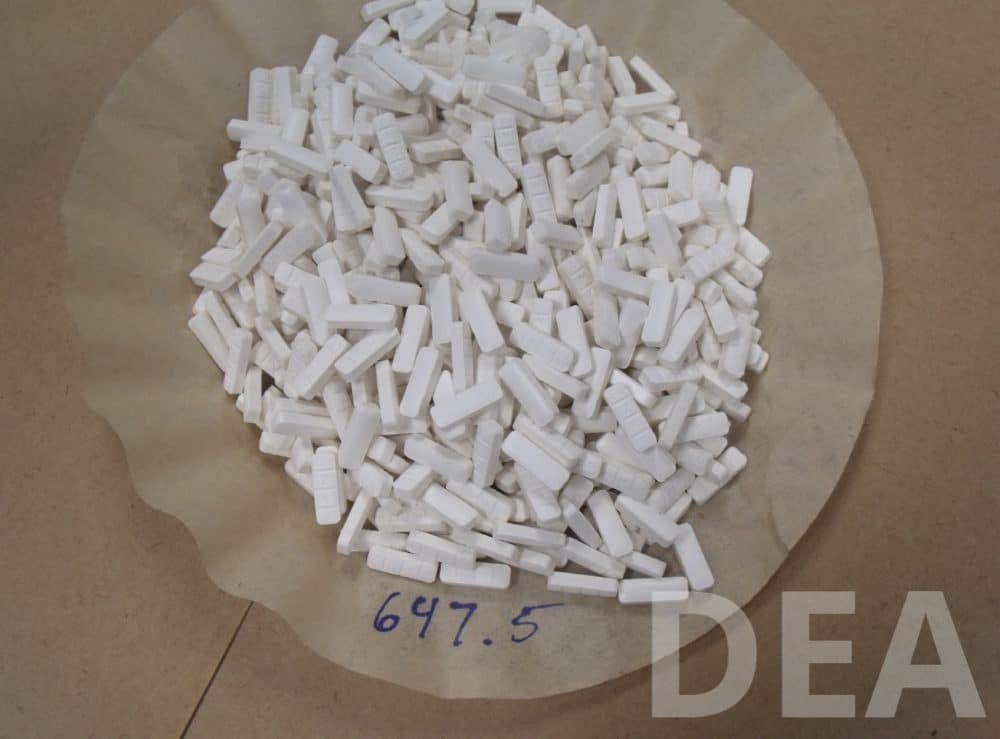Your recovery does not end once you walk out the door of a detox facility, especially if you struggle with a co-occurring mental health disorder. The detox process involves managing the uncomfortable and sometimes life-threatening withdrawal symptoms associated with the cessation of substance use. The most important thing you can do for yourself after a detox stay is create an aftercare plan that will foster your ability to sustain recovery. Finding aftercare when you struggle with both a substance use disorder (SUD) and a mental health disorder will help you learn the strategies needed to maintain sobriety. Your goal should be to prevent returning to your old life and move forward, beyond who you used to be, and achieve more for yourself than you may have thought possible in the past.
Factors in Aftercare
Aftercare refers to every recovery service or form of support after your initial treatment period. There are three main recovery pathways for individuals after leaving detox:
- Clinical pathways
- Non-clinical pathways
- Self-managed pathways
The most common clinical-adjacent examples include therapy and treatment, including residential or outpatient. Non-clinical pathways often include mutual aid support groups, such as 12-Step meetings and alternative recovery supports. Self-managed pathways are managed entirely by an individual without any formal support services. These may include recovery coaches, holistic therapies, and more. The best form of aftercare will depend on what your treatment team in detox deems your best option for lasting sobriety. At Gallus Medical Detox Centers, we provide our patients with a biopsychosocial evaluation to identify the best next steps in their recovery journey.
There are also several less immediately medically relevant factors that can significantly impact recovery. Financial security, satisfying work, and a supportive and encouraging environment all play a role in a person’s overall stability, which is why aftercare also includes improving other areas of your life beyond your medical status. Being believed in, listened to, and understood by families, friends, and health and social service personnel helps people on the road to recovery, making it essential to identify and hold to your most valuable personal relationships.
The Connection Between Substance Use Disorder and Mental Health Disorders
Many individuals who develop SUD are also diagnosed with mental health disorders and vice versa; this is known as a co-occurring disorder. In co-occurring disorders, both the mental health disorder and the drug or alcohol addiction have their own unique symptoms that may get in the way of functioning at work or school, maintaining a stable home life, handling life’s difficulties, and relating to others. To make the situation more complicated, the co-occurring disorders also affect each other. When a mental health disorder goes untreated, the SUD usually gets worse, and when alcohol or drug use increases, mental health problems typically increase
The most effective way to treat a mental health disorder co-occurring with SUD is to stop using substances. Cessation of drug or alcohol use can lead to uncomfortable, frightening, and even life-threatening withdrawal symptoms and should always be done under medical supervision. Detox is the first step in finding treatment for a mental health disorder.
Options for Treating Mental Health Disorders
There are many options for aftercare available for treating a mental health disorder alongside SUD. Integrated treatment combines mental health care and substance use counseling and care. Treatment in one facility by multiple clinicians allows for continuous communication and more accurate recommendations for clients. Integrated treatment of dual disorders often involves an interdisciplinary team, including social workers, counselors, psychologists, psychiatrists, peer support specialists, and other clinical team members. A treatment team can create a comprehensive care plan tailored to the individual’s specific circumstances and needs. The care plan can be modified to address changing recovery needs. They may include psychotherapy, group therapy, medications, and other family and personal care forms. They will also be followed by support for long-term recovery.
Talk therapy, or psychotherapy, is an essential aspect of mental health care and SUD treatment. Cognitive Behavioral Therapy (CBT) addresses emotional and environmental contributors to mental health symptoms and substance use. It also works to modify any negative views of the self. It helps patients shift self-destructive behaviors and thoughts into positive ones by teaching practical coping skills and bolstering self-confidence.
Continuing Care Services
Your environment is one of the most critical factors in your recovery. Suppose your home life is tumultuous or dangerous, or your friends and family provide unhealthy influences upon your progress. In that case, it may be in your best interest to consider a change of scenery. It’s a common misconception that recovery ends once you complete acute treatment. For most people struggling with mental illness or addiction, recovery is a lifelong process with ups and downs of its own.
It may be in your best interest to find a sober living home after detox or residential treatment. A big part of staying in a sober living home is creating positive relationships that reinforce the desire to abstain from drugs and alcohol. A sober living home acts as a supplement to an individual’s recovery. It is an alternative to going from an immersive care environment straight to an unstructured environment at home. Because sober living homes replicate everyday life situations while instilling healthy habits, they help reduce the chance of relapse.
When you’re establishing your plan for approaching recovery from mental illness, substance use, or addiction, make sure you’re considering the big picture. As important as treatment and medication are, your best investment into your future wellbeing will also incorporate aftercare elements to maintain a supportive environment and give yourself support wherever you most need it.
At Gallus Medical Detox Centers, we know that recovery doesn’t end at detox. That’s why we provide a wide range of services to help you through the crucial initial period of detox and connect you with useful resources to ensure that you can successfully get sober, stay sober, and improve your life going forward. The better you prepare yourself for the journey ahead, the smoother your recovery will be. Connect with professional help today to make the most of your transition into lasting health and wellness.



